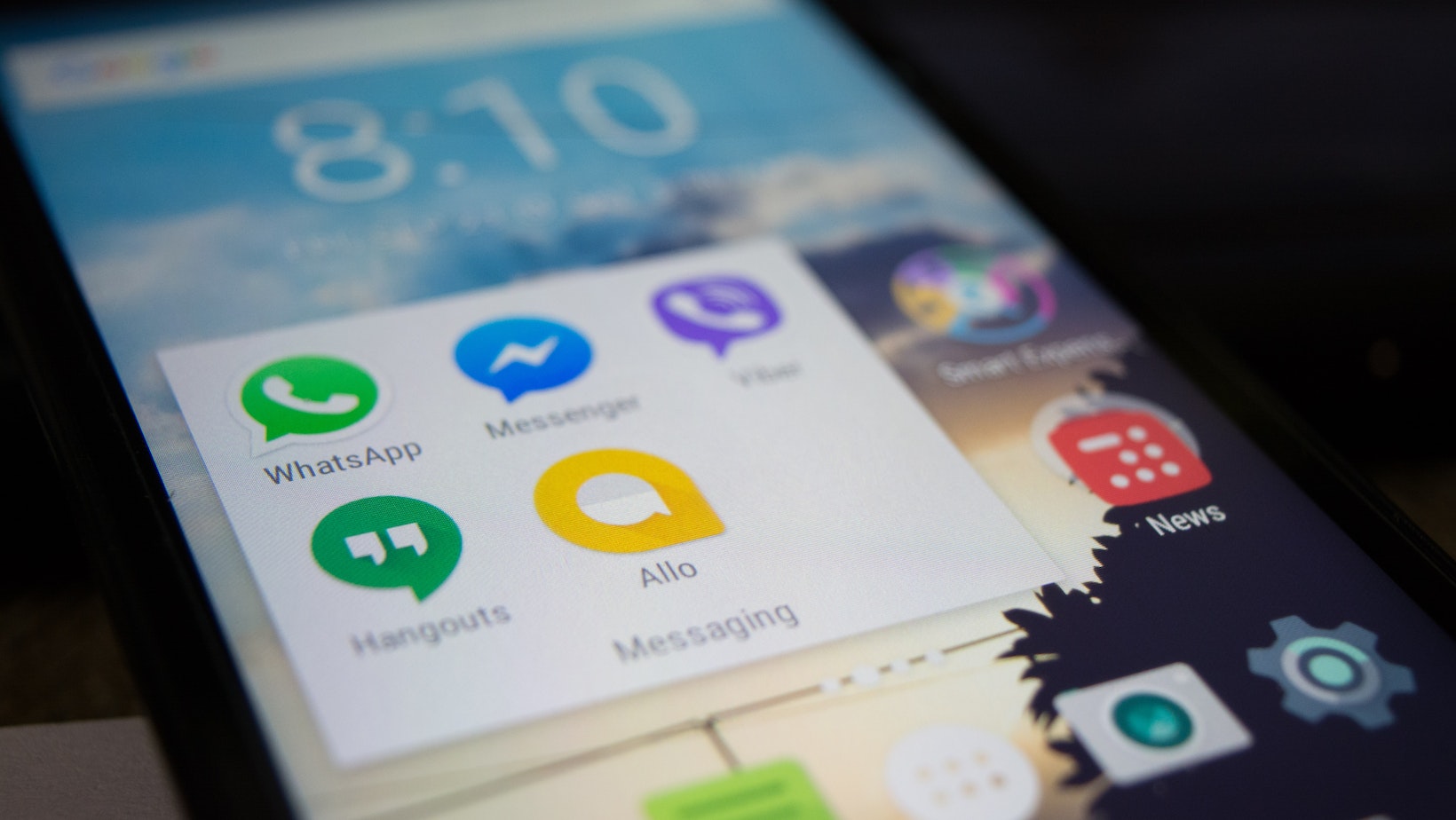WhatsApp Would Chief Remove EndtoEnd For
WhatsApp, one of the most popular messaging apps worldwide, has always prided itself on providing end-to-end encryption for its users. This means that messages exchanged on the platform are secure and can only be accessed by the sender and recipient. However, recent reports suggest that WhatsApp’s chief is considering removing this encryption feature.
The idea of removing end-to-end encryption raises concerns among privacy advocates and users alike. Encryption is a crucial element in protecting sensitive information from unauthorized access, whether it’s personal conversations or business communications. Without it, users may feel vulnerable to potential surveillance or hacking attempts.
While some argue that removing encryption would enhance security by allowing law enforcement agencies to access potentially valuable evidence during criminal investigations, others fear that such a move could compromise individual privacy rights. Striking a balance between public safety and personal privacy is indeed a complex challenge that requires careful consideration.
As WhatsApp’s chief contemplates this significant decision, the future of the app hangs in the balance. The potential removal of end-to-end encryption raises important questions about user trust, data protection, and the broader implications for online communication platforms. It remains to be seen how WhatsApp will address these concerns while navigating the ever-evolving landscape of digital privacy and security.

Understanding WhatsApp’s End-to-End Encryption
Let’s delve into the fascinating world of WhatsApp’s end-to-end encryption and uncover what it means for users like you and me. In a nutshell, end-to-end encryption is a security feature that ensures our messages are only visible to the intended recipients, offering an extra layer of privacy.
Here are a few key points to understand about WhatsApp’s end-to-end encryption:
- Secure Communication: When we send a message on WhatsApp, it gets encrypted on our device before being transmitted. This encrypted message can only be decrypted by the recipient’s device, ensuring that no one else, not even WhatsApp itself, can read our conversations.
- Encryption Keys: To enable this secure communication, each user has their own unique set of encryption keys stored on their device. These keys are used to encrypt and decrypt messages in a way that makes it virtually impossible for anyone else to intercept or decipher them.
- Protection from Eavesdropping: With end-to-end encryption in place, our messages are shielded from potential eavesdroppers who may attempt to intercept them during transmission. It provides us with peace of mind knowing that our private conversations remain confidential.
- Security Audits: To ensure the effectiveness and integrity of their encryption implementation, WhatsApp regularly undergoes security audits conducted by independent experts. This helps identify any vulnerabilities or weaknesses that could potentially compromise user privacy.
- WhatsApp Group Chats: Even in group chats where multiple participants are involved, each message remains encrypted separately for every member of the group. This means that only the intended recipients have access to the content shared within the chat.
It’s crucial to note that while end-to-end encryption protects our messages from unauthorized access, it does not guarantee absolute security against other factors such as malware or physical device theft. Therefore, it’s always important to prioritize overall digital hygiene practices and keep our devices protected.
By understanding WhatsApp’s end-to-end encryption, we can appreciate the efforts made to prioritize user privacy and security. This feature empowers us to communicate freely while maintaining control over our personal information, fostering a safer and more trustworthy messaging experience for all WhatsApp users.

